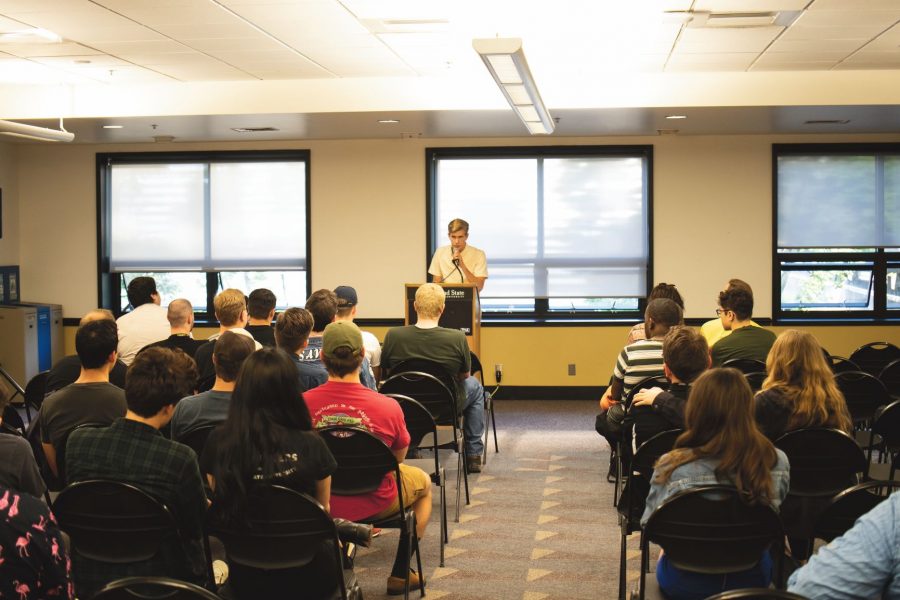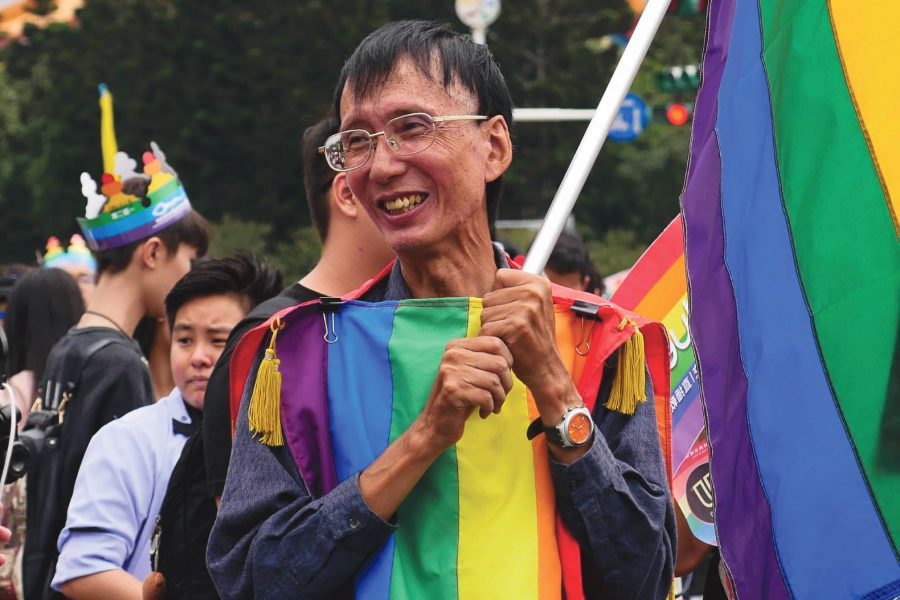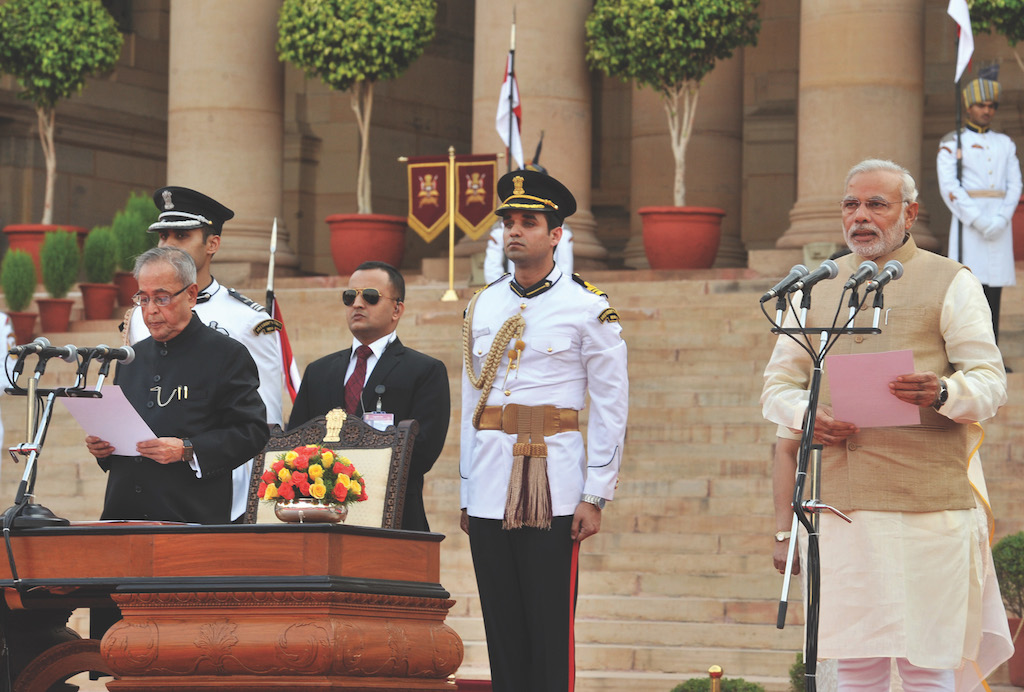The majority of Brazil’s Supreme Court decided discrimination on the basis of gender or sexuality should be punished under the same laws as racism on May 24.
Six out of the 11 judges on the Supreme Court voted to make it illegal to discriminate people based on gender or sexuality. The remaining five judges will vote on June 5, but the decision will be enforced regardless of what the remaining votes are in favor for.
According to The New York Times, Grupo Gay da Bahia, the group who defended the LGBTQ+ community in the court case, claim at least 420 LGBTQ+ individuals were killed in Brazil during 2018. That number is up to a minimum of 141 people since January.
When Brazil declared racism a crime in 1989, the country also declared anyone found guilty could be sentenced to up to five years in prison. The Brazilian Supreme Court has decided this same punishment will be applied to any person found guilty of discriminating on the basis of gender or sexuality. The punishment for homophobia or transphobia will be the same as racism until Congress has crafted and approved legislation that deals with this specific form of discrimination, according to The New York Times.
According to BBC, although same-sex marriage was legalized in 2013 and the right of LGBTQ+ couples to adopt was approved, many LGBTQ+ people still face discrimination in Brazil. The attempt to criminalize discrimination based on gender and sexuality has been under negotiation for almost 20 years. The resistance among conservative and religious groups in Congress has made it difficult to legislate the law, BBC reports.
In Brazil, some have voiced concerns over Brazil’s current President Jair Bolsonaro. Bolsonaro is a self-described “proud homophobe” who has repeatedly expressed critical opinions of the LGBTQ+ community. “Brazil can’t be a country of the gay world, of gay tourism,” Bolsonaro said, according to Crusoé magazine. “We have families.”
The new court decision and coming legislation will protect the LGBTQ+ community from any future attempts by the government, including attempts made by Bolsonaro himself.
According to Reuters, the new legislation would protect the LGBTQ+ community from violence and ensure fair access to education, employment and other services in stores and in the general public.
President of the Niterói Diversity Group Felipe Carvalho said the decision was a “very important step” for the community. “This won’t end LGBT-phobia, but it opens a number of possibilities for us,” Carvalho told Reuters.
The new court decision will be enforced once the remaining judges vote on June 5.






